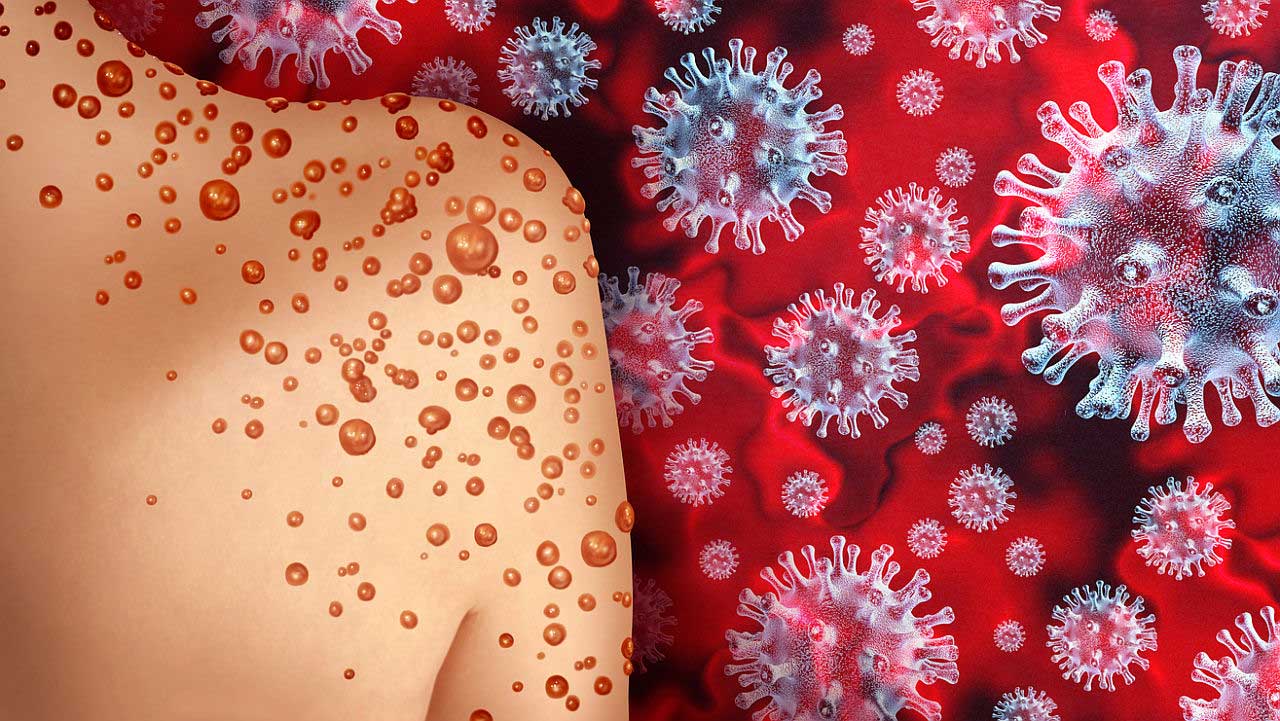Spain said one person had died of monkey fever, which was the first reported death in the country, according to Spanish media.
According to the Ministry of Health, to date, 120 people have been hospitalized with monkey fever, one of whom has died.
The agency did not provide details of the death, saying only that 4298 people infected with the virus were identified in Spain, incl. about 3500 cases of sexual relations of men with other men and only 64 cases of women.
The spread of monkeypox has become a major health threat after the head of the World Health Organization last week announced the highest level of alert in an attempt to contain the disease.
Symptoms include high fever, headache, sharp muscle pains, unusual fatigue, swollen lymph nodes, and pain in the jaw, neck, or groin that appear early in the disease. In the second stage, rashes appear on the skin and mucous membranes of the whole body.
In the current wave of monkeypox, the areas around the genitals are often affected, as are the areas around the anus and mouth. Damage sometimes precedes the manifestation of disease in the lymph nodes, fever, fatigue, and pain recall WHO.
In different cases of the disease, the symptoms vary. After a few days or weeks, the rash forms crusts, which eventually fall off, and the lesions disappear. The disease is contagious throughout the illness.
Diagnosis can be difficult because in some cases there are no usual symptoms, and the disease resembles some sexually transmitted infections, various health authorities warn.
Monkeypox resolves on its own within two to three, and sometimes four weeks. Often, the only treatment for symptoms such as fever or itching is needed.
In some cases, the lesions are too painful, as many sufferers testify, which can lead to painkillers and even hospitalization.
Experts advise not to injure the lesions to avoid further spread of the virus throughout the body or leaving scars. It is advisable to cover the lesions to reduce the risks.
In some people, the disease may progress to superinfection of skin lesions, as well as respiratory, digestive, ocular, or neurological problems.
If necessary, treatment with antiviral drugs is prescribed, for example, Tekovirimat, which is mainly used for smallpox.
Severe cases are more common in children, pregnant women, and immunosuppressed people. To date, no deaths have been reported in either Europe or the United States.

